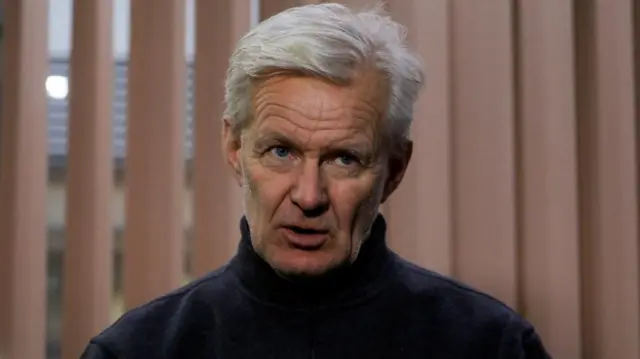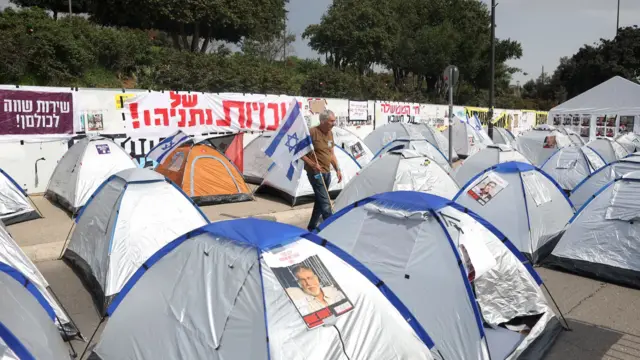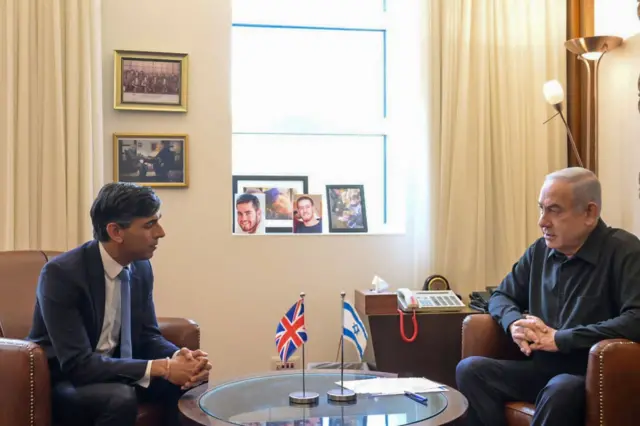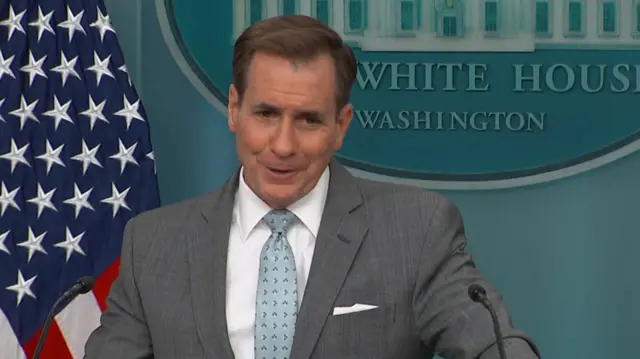Norwegian Refugee Council chief: Deconfliction system 'in deep crisis'published at 21:33 BST 2 April 2024
 Ali Abbas Ahmadi
Ali Abbas Ahmadi
Live reporter
 Image source, Reuters
Image source, ReutersJan Egeland
Echoing the concerns raised by a UN official to my colleague earlier, the head of the Norwegian Refugee Council is telling me the system where aid groups co-ordinate with Israeli authorities – known as a deconfliction system – “is now in deep crisis”.
All aid organisations are entirely dependent on Israel to function in Gaza, Jan Egeland explains.
“Nothing can move in and out of Gaza without Israel’s permission,” he says, and adds that this is one of the reasons why too little aid has entered the Palestinian enclave.
The NRC, like all aid groups, informs Israel of the precise movements of its employees, and the locations of their guesthouses and warehouses. The groups, however, get no information from the IDF, says Egeland.
Israeli air strikes hitting the World Central Kitchen convoy demonstrates that “there is a need for a complete reboot in our relations with the Israeli military”, he says.
He highlights that this “appalling attack” is not the only time aid workers have been targeted, pointing out that around 200 have been killed in Gaza since 7 October.
Egeland says that he has reached out to the UN and other NGOs to together set up a functioning deconfliction system.
The one used during the Israel’s 2006 war with Hezbollah - when UN liaison officers were embedded with the IDF - worked well, he says, and hopes something similar can be set up in Gaza.








